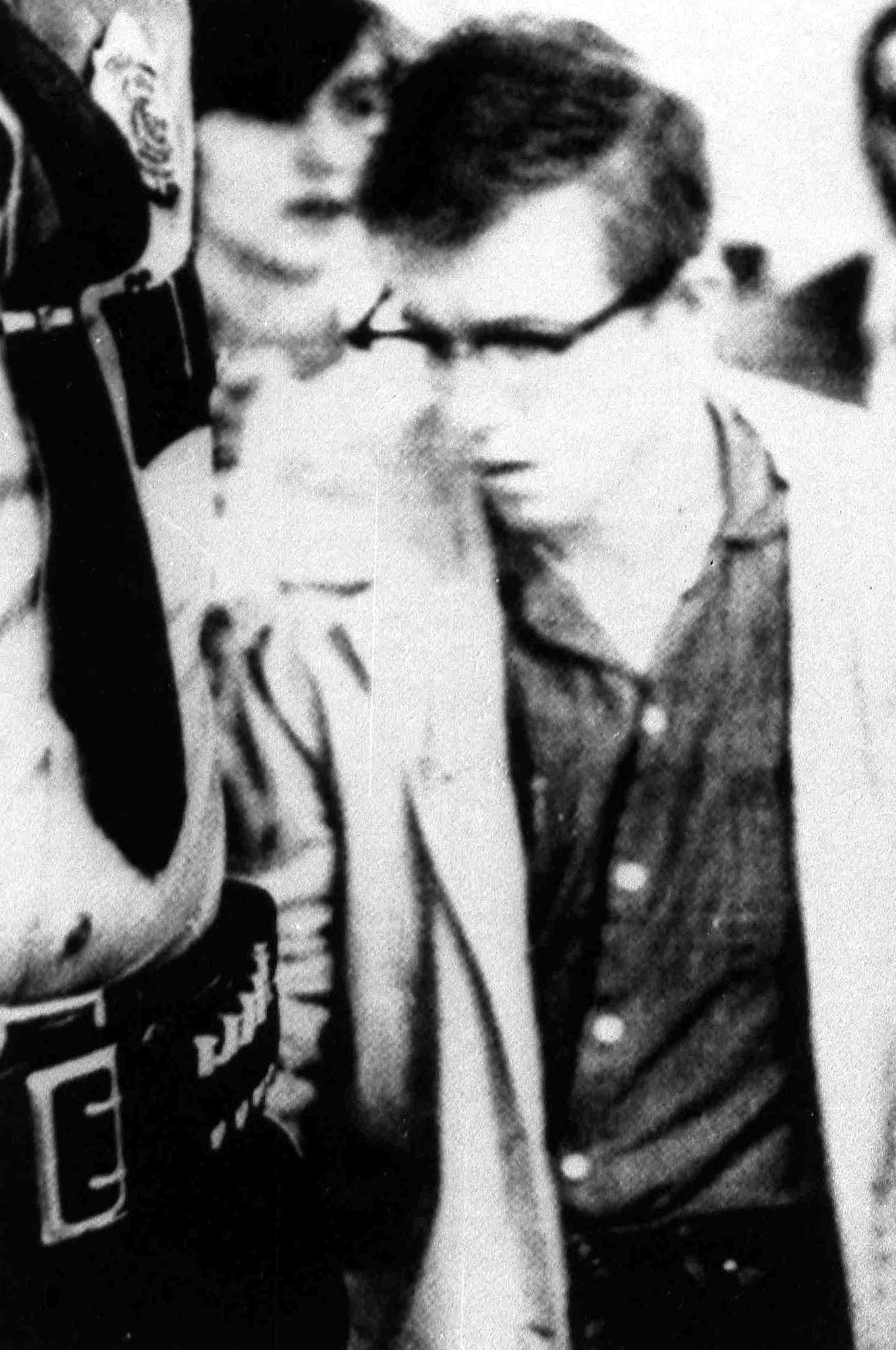Robert Hansen dead: Alaska’s ‘butcher baker’ murderer who hunted his female victims dies in prison of natural causes
The killer of 17 women was jailed in 1984 for series of deaths that read like a horror film

Your support helps us to tell the story
From reproductive rights to climate change to Big Tech, The Independent is on the ground when the story is developing. Whether it's investigating the financials of Elon Musk's pro-Trump PAC or producing our latest documentary, 'The A Word', which shines a light on the American women fighting for reproductive rights, we know how important it is to parse out the facts from the messaging.
At such a critical moment in US history, we need reporters on the ground. Your donation allows us to keep sending journalists to speak to both sides of the story.
The Independent is trusted by Americans across the entire political spectrum. And unlike many other quality news outlets, we choose not to lock Americans out of our reporting and analysis with paywalls. We believe quality journalism should be available to everyone, paid for by those who can afford it.
Your support makes all the difference.His was the archetype of the American horror story: a quiet-spoken husband and father with a bakery shop in Anchorage, Alaska, who set out to rid his city of female sex workers, sometimes flying them in his own plane to the wilderness, releasing them and then hunting them down. Now the man they called “the butcher baker” is dead.
There will be no grieving in Alaska or anywhere else for Robert Hansen, who was convicted in 1984 after confessing to killing 17 women over 12 years, most of them topless dancers and prostitutes who had been drawn to Anchorage during the boom that came in the 1970s with the construction of the 800-mile trans-Alaska oil pipeline.
Prison officials confirmed that Hansen died of natural causes early on Thursday, aged 75. He had been moved to a ward at a local hospital in May, from the Anchorage Correctional Centre, for treatment as his health had deteriorated. He was serving a 461-year sentence when he died.
While he was tried and convicted for just four murders in a deal to spare him and the public from the spectacle of 17 different trials, Hansen offered up details of his crimes to investigators, including the co-ordinates of where some of his victims were buried. One of his favourite killing grounds was along the Knick River north-east of Anchorage.
If Hansen was supplanted in American popular imagination over the years by other notable serial killers – Ted Bundy, Charles Manson, the cannibal Jeffrey Dahmer, “Son of Sam” David Berkowitz – he was given a comeback of sorts last year by the release of the film The Frozen Ground. John Cusack portrayed Hansen.
During his hunting years, Hansen would each time lure fresh prey with the promise of money. After taking them out either in his car or his plane, he would sometimes rape them and then return them to the city on condition that they vowed to remain silent. Others he would set free in the woods before tracking them and killing them like animals.

"He will not be missed. Good riddance to him,” the assistant district attorney who helped to prosecute the case told the Anchorage Daily News. “He’s one of those guys that you kind of hope every breath that he takes in his life, there’s some pain associated with it, because he caused such pain.”
Glenn Flothe, a trooper who helped to track Hansen down, told the paper in 2008 that Hansen was aware that sex workers in Anchorage at the time were rarely there for long and so would barely be missed when they vanished.
“We should only remember his victims and all of their families and my heart goes out to all of them,” he said this week. “As far as Hansen is concerned, the world is better without him.”
The gruesome career of Hansen, who lived across town from his bakery with his wife and children, started to come undone in 1983 when a girl named Cindy Paulson staggered into a motel in the city, her hands in cuffs, saying she had been abducted by a man who had taken her out of the city on his plane. Police raided Hansen’s home a few months later and found substantial evidence that would later link him to multiple disappeared women.
After his conviction and incarceration, Hansen was never heard from again, except in 2006 when the Associated Press made a request to interview him. He replied with a short and dismissive note. “I do not care so much for myself, but you journalist [sic] have hurt my family so very much,” it said.
Join our commenting forum
Join thought-provoking conversations, follow other Independent readers and see their replies
Comments